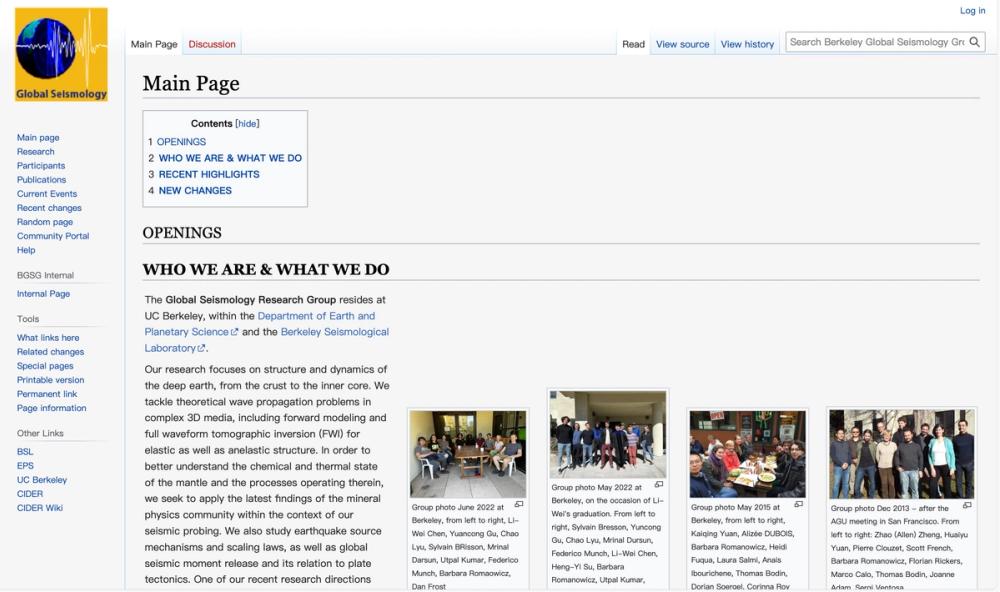Nature, established in 1869, is one of the most prestigious and influential scientific journals in the world, published by Springer Nature. Renowned for its rigorous editorial standards and broad interdisciplinary coverage, it serves as a leading platform for groundbreaking research across the natural sciences, including biology, chemistry, physics, earth sciences, and medicine, as well as emerging fields like materials science and artificial intelligence. Its mission is to foster scientific discovery by publishing work that significantly advances knowledge, sparks innovation, and influences global scientific discourse.
The journal’s hallmark is its stringent peer-review process, which ensures that only the most novel, robust, and impactful research is published. Nature prioritizes original research articles that present transformative findings, novel methodologies, or paradigm-shifting concepts. In addition to primary research, it features reviews, perspectives, news and views, and editorials that contextualize scientific advances for both specialists and a broader audience. Its Letters and Articles sections highlight concise, high-impact findings and in-depth studies, respectively, while its News & Views section provides expert commentary on significant developments.
Nature’s submission process, managed through its online portal, requires authors to adhere to strict guidelines, including structured abstracts (150–200 words), detailed methods sections, and compliance with ethical standards for human and animal research. The journal champions open science, encouraging authors to deposit data in public repositories (e.g., Figshare, Zenodo) and provide open-access options to enhance research accessibility. Authors are also required to submit a Data Availability Statement and, where applicable, link to raw datasets to promote transparency and reproducibility.
With an exceptionally high impact factor, Nature attracts a global readership, including researchers, policymakers, and educators, and its articles frequently garner widespread citations and media coverage. The journal also supports early-career researchers through mentorship initiatives and promotes diversity in science by encouraging submissions from underrepresented regions and disciplines. Nature’s editorial policies emphasize clarity, ethical integrity, and societal relevance, making it a trusted source for cutting-edge science.
Beyond its flagship title, the Nature portfolio includes specialized journals like Nature Communications and Nature Biotechnology, offering authors transfer options if a manuscript is not suitable for the main journal.
By blending rigorous science with accessible communication, Nature bridges the gap between specialized research and public understanding, maintaining its position as a cornerstone of scientific publishing for over 150 years.




